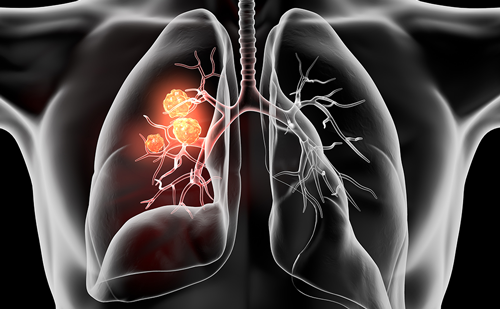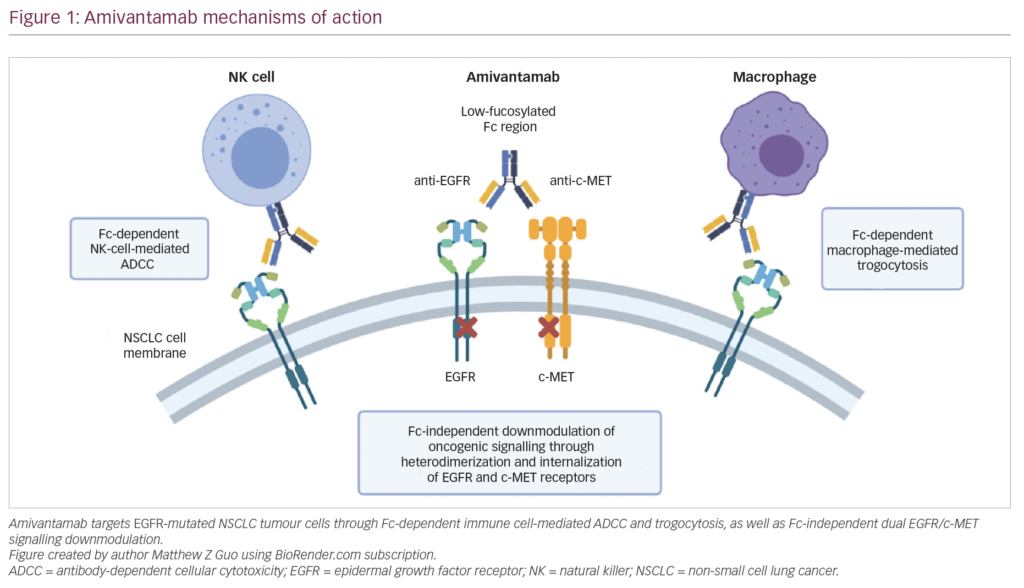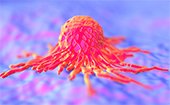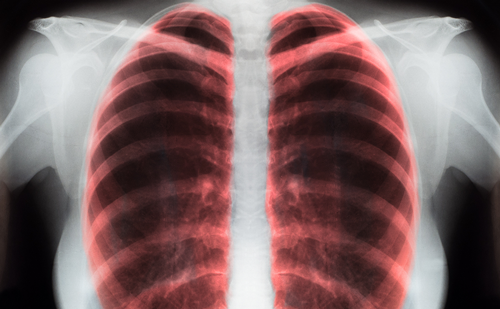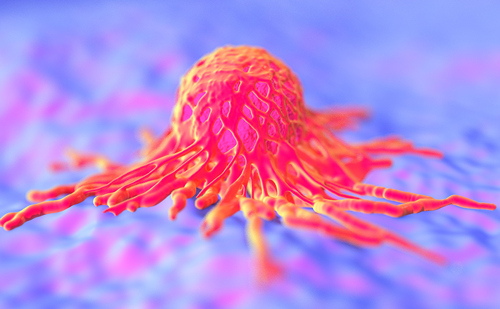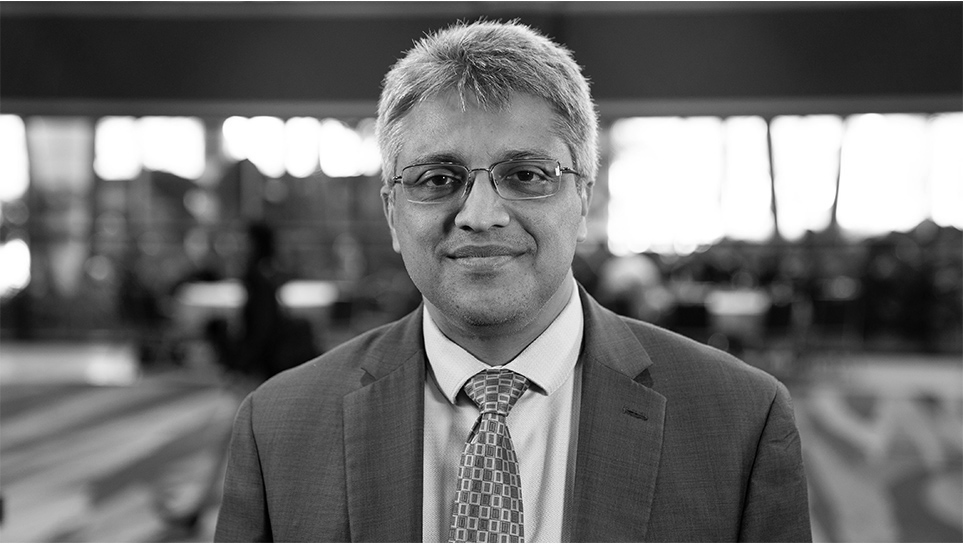Q. Could you tell us a little about the PACIFIC trial in stage III non-small cell lung cancer (NSCLC)?
The PACIFIC trial evaluated the role of durvalumab, a programmed death-ligand 1 (PD-L1) antibody, in patients with locally advanced, surgically unresectable stage III NSCLC.1 Following completion of chemotherapy and radiation, patients were randomized to receive one year of durvalumab or placebo. There was a significant improvement in progression-free survival (PFS) with durvalumab, with a hazard ratio of 0.52. The survival data are awaited. The results of the PACIFIC study have defined a new role for immunotherapy in the treatment of NSCLC. Clinical benefit was seen regardless of PD-L1 expression status.
Q. What impact are the findings of the PACIFIC trial likely to have on clinical practice?
Durvalumab recently received approval from the US Food and Drugs Administration (FDA) for consolidation therapy in patients with unresectable stage III disease. It has also been included in the National Comprehensive Cancer Network (NCCN) guidelines. It can now be considered a standard approach for this setting.
Q. What challenges remain in the use of immunotherapy in stage III NSCLC?
Work on biomarker discovery to select patients is an important priority. As the next step, combination approaches that build on the benefits of durvalumab are already under development. This also opens the possibility to study immune checkpoint inhibition concurrently with radiotherapy for patients with locally advanced NSCLC.
Q. What is the potential of third-generation epidermal growth factor receptor (EGFR) inhibitors in the first-line treatment of metastatic EGFR-mutation-positive NSCLC?
Osimertinib has now emerged as a standard first-line therapy option for patients with EGFR exon 19 or 21 mutation. This recommendation is based on the results of the FLAURA study that demonstrated superior PFS for osimertinib over gefitinib/erlotinib with an impressive hazard ratio of 0.46.2 The median PFS for patients treated with osimertinib as first-line therapy was 18.9 months, setting a new benchmark in this setting. In addition, superior activity in patients with brain metastases, favorable survival trend, and improved safety profile were all observed.
Q. What advances have been made in the use of EGFR-targeted therapy in earlier stages of NSCLC?
The role of EGFR inhibition in early-stage NSCLC is under evaluation. The ALCHEMIST study conducted by the US National Clinical Trials Network is an ongoing phase III study that compares erlotinib to placebo as adjuvant therapy following surgery in patients with early stage NSCLC.3 Another trial with osimertinib as adjuvant therapy is also underway. It is hoped that the results of these studies will demonstrate improved cure rate with EGFR inhibition in early stage disease. q



